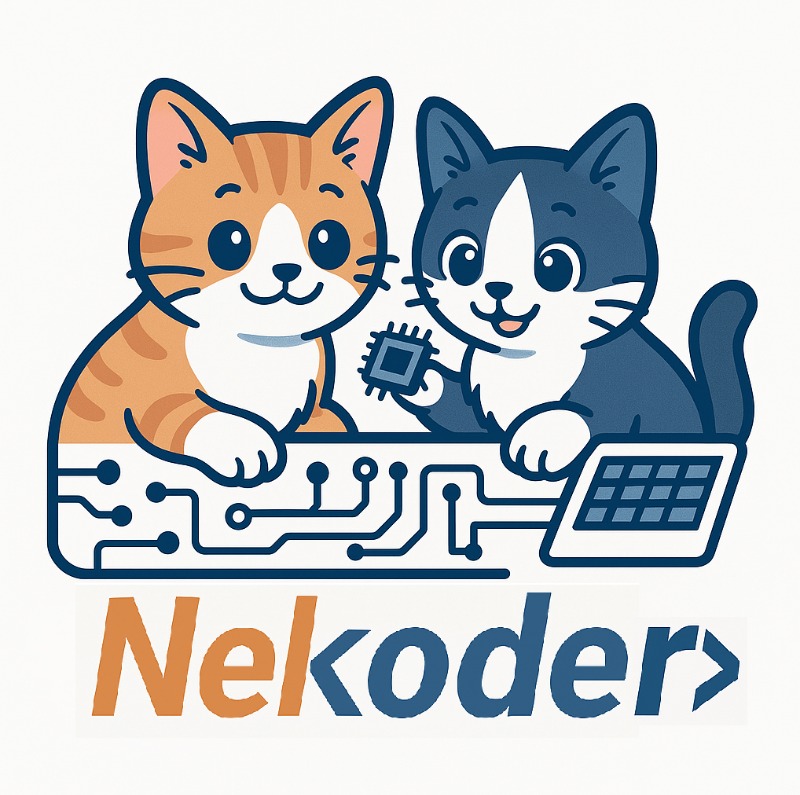Namespace
In C++, a namespace is a declarative region that provides a scope to the identifiers inside it.
C++ uses namespaces to organize code and prevent naming collisions, especially when integrating third-party libraries or large codebases.
Click here to view the example code .▼
#include <iostream>
namespace mytools {
void greet() {
std::cout << "Hello from mytools!" << std::endl;
}
}
int main() {
mytools::greet(); // fully qualified name
}
Using directives and declarations
Click here to view the example code .▼
using namespace std;
int main() {
cout << "This works without std:: prefix." << endl;
}While using namespace std; may simplify code in small examples, it is discouraged in headers or large projects due to potential ambiguity.
Key points
- Prevents naming conflicts by scoping identifiers
- Use :: to access elements within a namespace
- Prefer qualified names or using declarations over using namespace globally
References
namespace : 🔗 https://en.cppreference.com/w/cpp/language/namespace
Reference
A reference is an alias for another object. Once initialized, it cannot be reseated.
A reference provides a second name for an existing object. It must be initialized at declaration and cannot be changed to refer to a different object afterward.
Click here to view the example code .▼
int a = 10;
int& ref = a;
ref = 20;
std::cout << a << std::endl; // Output: 20The reference ref is simply another name for a.
Function parameters
References are often used in function parameters to avoid copying and allow direct modification of arguments.
void increment(int& n) {
n += 1;
}
int main() {
int value = 5;
increment(value);
std::cout << value << std::endl; // Output: 6
}
Const references
A reference to a const object allows read-only access to the referred value.
void printMessage(const std::string& msg) {
std::cout << msg << std::endl;
}- const & is essential when passing large objects efficiently without allowing modification.
- Also allows binding to rvalues (temporary values), which normal references do not.
References
reference : 🔗 https://en.cppreference.com/w/cpp/language/reference
Object-Oriented Programming
Object-Oriented Programming (OOP) is a programming paradigm based on the concept of "objects", which contain data and methods to operate on that data.
OOP introduces a new way of thinking:
- Procedural: "What will happen, and in what order?"
- Object-Oriented: "Who will do what?"
Key Concepts:
- Encapsulation: Bundling data and functions together.
- Abstraction: Hiding internal complexity and exposing only necessary parts.
- Inheritance: Deriving new classes from existing ones.
- Polymorphism: Using one interface for different types.
Class and Object Basics
A class is a user-defined data type that acts as a blueprint for creating objects.
An object is an instance of a class.
Click here to view the example code .▼
class Animal {
private:
int food;
int weight;
public:
void setAnimal(int f, int w);
void increaseFood(int amount);
void showStatus();
};Animal dog;
dog.setAnimal(100, 30);
dog.increaseFood(10);
dog.showStatus();
Constructor, Destructor, and Overloading
Constructor
A constructor is a special function that gets called automatically when an object is created.
Animal::Animal(int f, int w) {
food = f;
weight = w;
}
Destructor
A destructor is called when an object is destroyed. Useful for memory cleanup.
Animal::~Animal() {
// Clean up resources
}Overloading
Function overloading allows multiple functions with the same name but different parameters.
void print(int x);
void print(std::string s);
Advanced Class Features
Initializer List
Animal::Animal(int f, int w) : food(f), weight(w) {}Used to initialize members efficiently (especially const and reference members).
Static Members
class Counter {
public:
static int count;
Counter() { count++; }
};Shared across all instances of the class.
this Pointer
this->weight += 1;
Inside member functions, this points to the current object.
Returning Reference
int& getWeight() { return weight; }
A function can return a reference to modify original data.
Const Member Function
int getWeight() const;
A member function declared with const cannot modify the object.
References
Class : 🔗 https://en.cppreference.com/w/cpp/language/classes
Constructor: 🔗 https://en.cppreference.com/w/cpp/language/constructor
Destructor: 🔗 https://en.cppreference.com/w/cpp/language/destructor
Function overloading: 🔗 https://en.cppreference.com/w/cpp/language/overload_resolution
Static members: 🔗 https://en.cppreference.com/w/cpp/language/static
this pointer: 🔗 https://en.cppreference.com/w/cpp/language/this
Reference initialization : 🔗 https://en.cppreference.com/w/cpp/language/reference_initialization
Const member function: 🔗 https://en.cppreference.com/w/cpp/language/cv
'( * )Engineering > 🌜C/C++' 카테고리의 다른 글
| C++ : Standard I/O Library (0) | 2025.04.13 |
|---|---|
| C++ : Operator Overloading (0) | 2025.04.01 |
| C : const / break 없는 switch (0) | 2025.03.31 |
| C : void / main / 동적 할당 / list / inline (0) | 2025.03.16 |
| C : 포인터 / 컴파일 (0) | 2025.03.13 |

